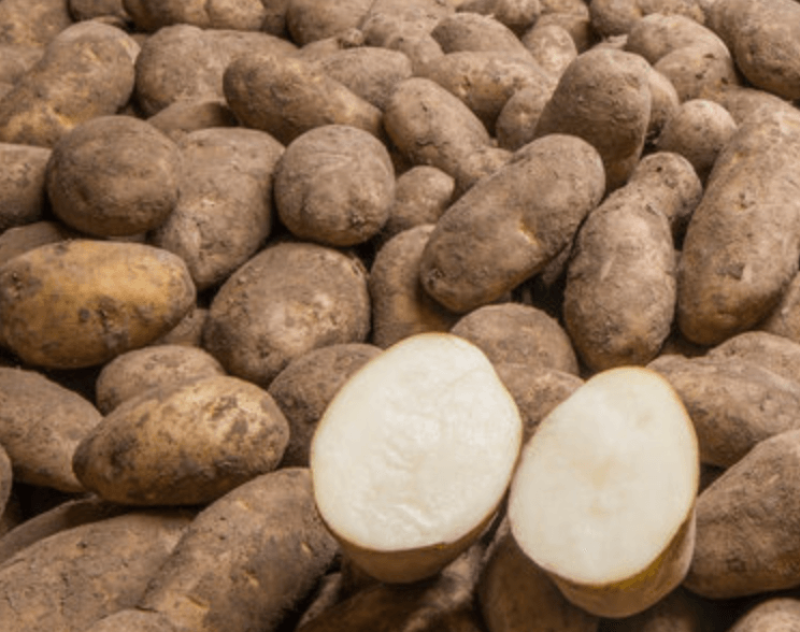Panic is setting in about a potential french fry shortage in the near future, due to a poor potato harvest in the United States and Canada. Headlines speculate that people will need to find new sides to go with their burgers.
Dr. Oliver P. Peoples, a professed french fry lover, is more optimistic. He’s president and CEO of Yield10 Bioscience, which just signed a research agreement with the J.R. Simplot Co., the pioneer of the frozen french fry. The aim is to use artificial intelligence and gene editing to develop a more robust potato, with a higher yield and (down the line) other positive attributes.
“We’ll all experience a bit of price pressure, but I think we’ll still be able to go to our favorite burger place and get a burger and fries,” Peoples predicts.
Yield10, an agricultural bioscience company based in Woburn, Massachusetts, uses technology that mines scientific data to come up with a prioritized list of gene targets to improve different aspects of crop production. The technology is called GRAIN, short for gene ranking artificial intelligence network.
Read full, original article: Bioscience Company Aims To Save The French Fry, Make Potatoes More Robust And Nutritious































